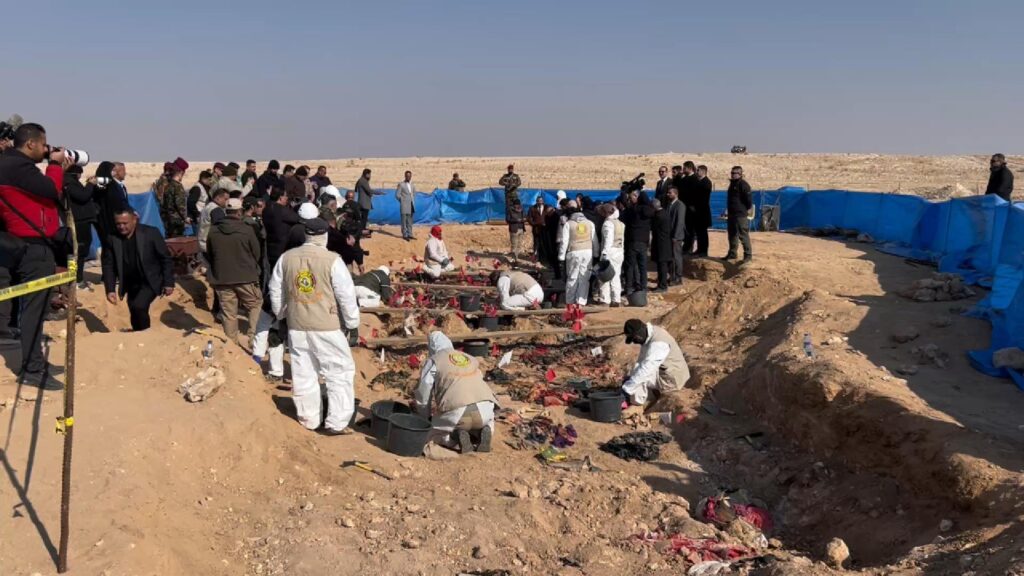NASA chooses Erbil Citadel as Image of the Day

ERBIL, Kurdistan Region — NASA chose a satellite image of the Erbil Citadel for its Image of the Day on April 2.
“The Citadel is possibly the oldest continuously occupied human settlement on Earth, dating back at least 6,000 years,” read a statement from the US National Aeronautics and Space Administration (NASA) on Tuesday.
It posted an image captured by its Landsat 8 — OLI observation satellite from November 20, 2018 with the citadel (Qalat in Kurdish) centered and the capital of the Kurdistan Region’s concentric 40, 60, and 100 Meter Roads clearly visible.
“From above, Erbil Citadel appears at the center of what looks like a wagon wheel—perhaps more than a coincidence, as evidence suggests humans may have been living there during the Ubaid period, when humans invented the wheel,” read the NASA statement.
UNESCO designated it a World Heritage Site in 2014. It is believed to have been built by the Assyrians.
“As the world’s earliest known civilization developed in Mesopotamia...as Genghis Khan worked to create the largest contiguous land empire in history...as the Ottomans occupied European and Asian lands for nearly 600 years...each empire had one thing in common,” read the statement.
The 24-acre site includes crumbling houses, an amphitheater, what were once shops, and other buildings.
Efforts are underway by local authorities including the directorate of antiquities to restore the site. Currently, one family is known to reside in the citadel.
"They all set up camp on a small plot of land in what is now the Kurdistan region of northern Iraq: the Erbil Citadel," the statement added.
The citadel was home to 1,631 people and 247 houses, according to the Kurdistan Region census of 1995.
Parts of the citadel have become a tourist attraction with a souvenir shop, textile museum, and geology museum.
The Kurdistan Regional Government (KRG) allocated more $13 million for restoration of the citadel in 2010; however, much of the progress has been slowed or halted because of the economic crises and Islamic State (ISIS) conflict.
However preservationists and archaeologists would like to research and conduct digs at the site.
Recently, the citadel has been used to hold small music concerts.

